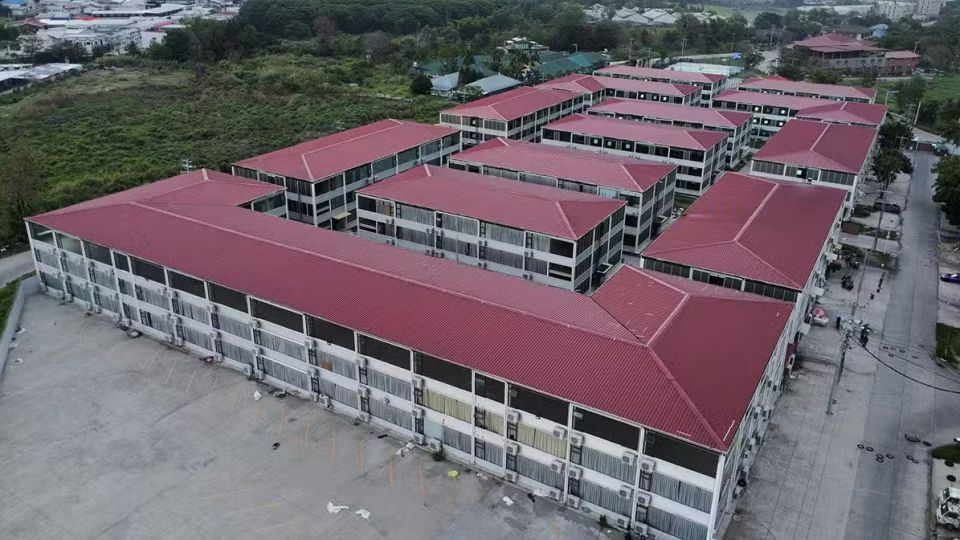October 11, 2024
MANILA – The government plans to repurpose the illegal Philippine offshore gaming operator (Pogo) hubs once forfeited in favor of the government, the Presidential Anti-Organized Crime Commission (PAOCC) said on Thursday.
According to PAOCC executive director Undersecretary Gilbert Cruz, they will collaborate with the Department of the Interior and Local Government (DILG), now led by former Cavite Gov. Jonvic Remulla, and the Inter-Agency Task Force (IATF) to explore options in converting Pogo hubs into facilities, such as schools and government offices.
Cruz explained that the raided Pogo hubs are now subject to civil and criminal forfeiture proceedings and will eventually be turned over to the government.
READ: PAOCC finds an illegal Pogo still operating near Senate
Benefits to communities
The forfeiture process is in accordance with Republic Act No. 1379, which mandates the forfeiture in favor of the state of unlawfully acquired property by public officers or employees.
The ownership of the Pogo hub in Bamban, Tarlac, for instance, has been linked to the town’s dismissed mayor, Alice Guo.
Cruz earlier said that the seized Pogo hubs, rather than leaving them vacant or auctioning them off, can benefit the public by repurposing them.
He added that it will also be beneficial for communities if the government took ownership of the raided Pogo hubs and convert them into schools, particularly those located in Porac town in Pampanga and in Bamban, Tarlac.
Cruz cited the raided Pogo hub in Pasay City as an example of how the government has successfully repurposed Pogo facilities.
Authorities raided the Pogo facility a year ago following reports of illegal activities, including sex trafficking as well as love and crypto scams.
Upon inspection of the location, authorities discovered about 80 rooms that were allegedly used for sexual acts involving trafficked persons, including Chinese, Vietnamese, Korean and Filipino women.
Rescue center
Justice Secretary Jesus Crispin Remulla said then that the establishment was a “self-contained” community for patrons as it had an entertainment center, KTVs, canteens, barber shops, restaurants and dubious spa “services.”
The six-story building on Williams Street in Pasay City was converted this year into a detention facility and rescue center by the Department of Social Welfare and Development (DSWD) and the Pasay City government.
It serves as a transient shelter for homeless families and individuals before they return to their respective provinces.
The facilities in the processing center include a child-friendly space, a medical clinic, and a processing area where social workers will be able to conduct intake procedures, profiling, interviews and assessment.
President Marcos issued a directive banning Pogos in the country during his third State of the Nation Address in July.
As a result, Pogo workers are applying for visa downgrades since they are obliged to leave the country by the end of the year.
More than 10,000 Pogo workers have already applied for the downgrading, according to the Bureau of Immigration.
While the state regulator Philippine Amusement and Gaming Corp. lists only 38 licensed internet gaming licensees, the new name for Pogo, authorities are still pursuing hundreds of illegal Pogo operations across the country.


